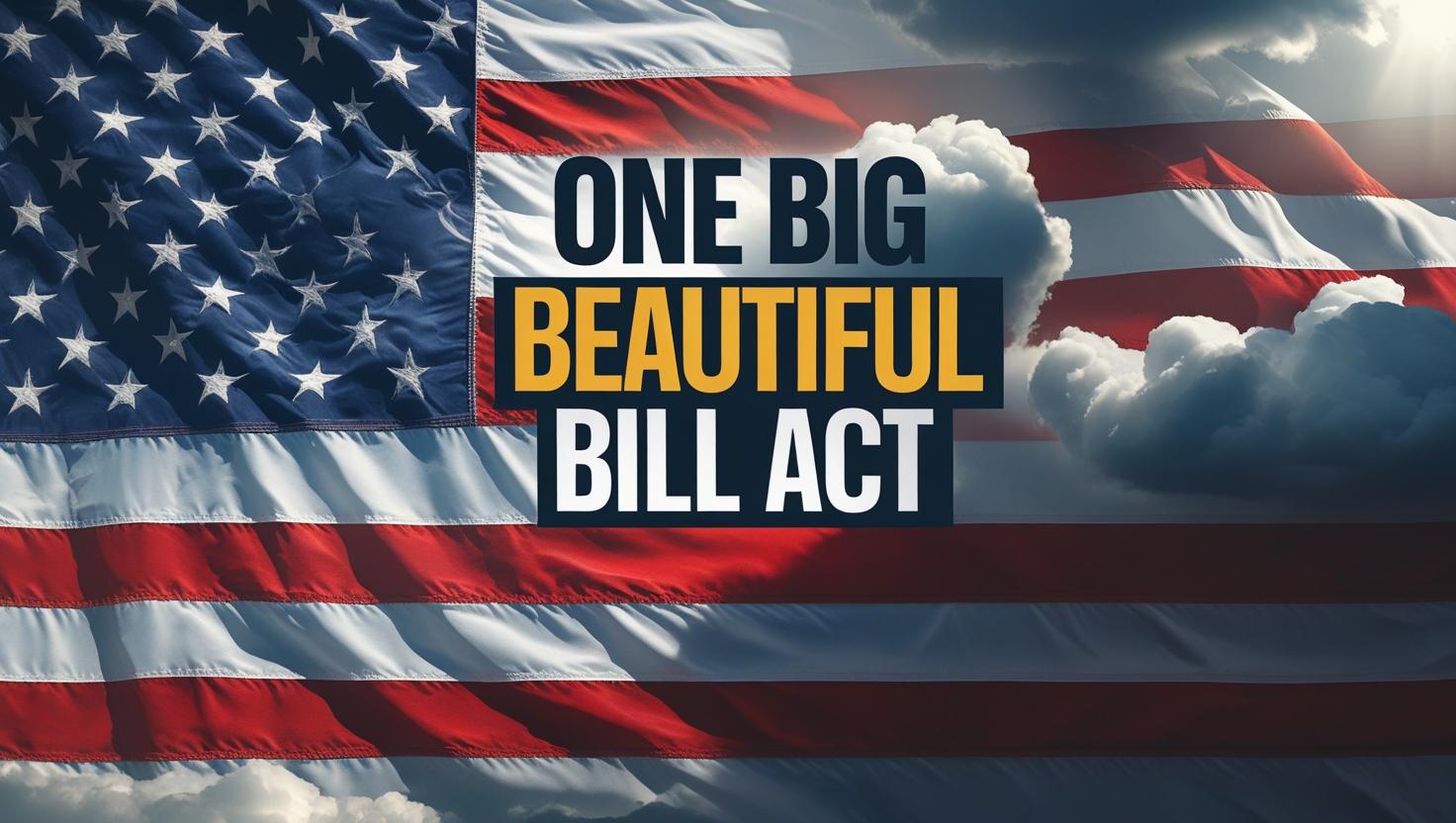As the Trump administration implements the One Big Beautiful Bill Act (OBBBA), there are meaningful implications for the health insurance marketplace—especially around Health Savings Accounts (HSAs). While the bill strengthens several consumer-focused tax strategies, it falls short on supporting employer innovation through Individual Coverage Health Reimbursement Arrangements (ICHRAs).
HSA Provisions: Expanded Eligibility and Flexibility
The OBBBA significantly broadens the scope of HSA-qualified health plans, making it easier for Americans to pair tax-advantaged savings with affordable insurance options. Here are three major improvements:
- More Plans Are HSA-Eligible:For the first time, Bronze and Catastrophic ACA Marketplace plans are designated as HSA-qualified. This unlocks new savings opportunities for individuals choosing lower-cost plans with higher deductibles.
- Telehealth Services Now Included: Telehealth benefits can now be offered pre-deductible without disqualifying a plan from HSA eligibility. This allows consumers to access care more affordably and conveniently while still contributing to their HSA.
- Direct Primary Care (DPC) Support: Consumers enrolled in Direct Primary Care (DPC) arrangements are now explicitly allowed to contribute to an HSA. Additionally, the bill sets a limit of $150/month for individuals and $300/month for families in eligible DPC fees, which can be paid without affecting HSA contributions.
FlexBenefits and HSAs – A Natural Fit
FlexBenefits plans pay cash benefits directly to insureds—benefits which can be deposited into an HSA, creating a triple-tax advantage:
- Tax-deductible contributions
- Tax-free growth
- Tax-free withdrawals for qualified medical expenses
This positions FlexBenefits as not just a safety net, but a financial strategy for clients looking to build reserves and reduce taxable income.
ICHRAs Left Out: A Missed Opportunity for Employers
Despite growing adoption of Individual Coverage HRAs, OBBBA fails to address the key challenges facing small employers. Chief among these is the higher out-of-pocket (OOP) risk in the individual market:
- Small employer group plans typically have deductibles at around $2,500
- Silver ACA Marketplace plans often carry deductibles closer to $5,000
That $2,500 gap represents a real affordability issue for employers looking to offer ICHRAs.
FlexBenefits closes this gap. Our supplemental packages are designed to bridge high OOP exposure>, giving employees cash when they need it most—for deductibles, coinsurance, or unexpected medical expenses. With FlexBenefits, employers can confidently transition to ICHRA models while still protecting their team’s financial well-being.
In Summary:
- HSA reforms in OBBBA offer expanded access, more flexibility, and tax-saving opportunities
- FlexBenefits cash payouts integrate seamlessly into HSA strategies
- The lack of ICHRA provisions in the bill makes supplemental coverage even more important to employers and brokers
Let us help you leverage FlexBenefits to meet your clients’ goals—whether it’s lowering out-of-pocket risk, enhancing ICHRA adoption, or maximizing HSA savings.




